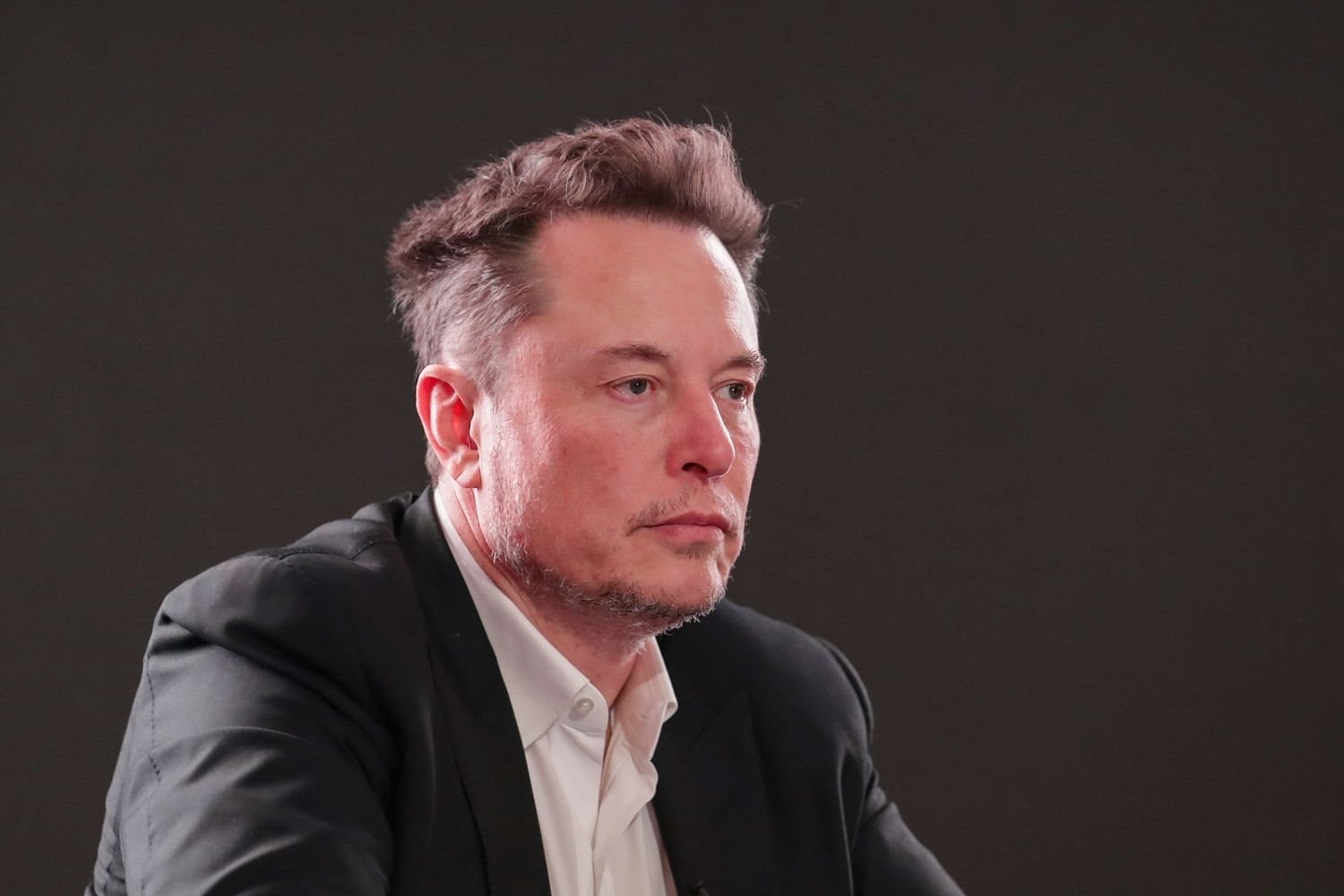The Truth Behind Elon Musk’s Drug Use
Elon Musk, the billionaire entrepreneur behind Tesla, SpaceX, and X (formerly Twitter), has long been known for his unconventional behavior, bold decision-making, and erratic social media presence.
Recently, however, speculation about his drug use has gained traction, with reports from major news outlets raising concerns about its potential impact on his leadership and decision-making.
The Reports and Allegations
A recent report by The Atlantic delves into Musk’s alleged use of ketamine, a dissociative anesthetic that has gained popularity in recent years as a treatment for depression. The report suggests that Musk’s use of the drug may influence his impulsive behavior, late-night social media rants, and unpredictable decision-making.
While Musk has openly admitted to taking ketamine for medical purposes, reports from The Wall Street Journal and The New Yorker claim that he may also be using other substances recreationally, including LSD, cocaine, MDMA, and psychedelic mushrooms.

Musk’s Admission
In an interview with Don Lemon, Musk confirmed that he has a prescription for ketamine, which he uses to manage what he described as a “negative chemical state” or depression.
He argued that ketamine is a better alternative to traditional antidepressants like SSRIs and that he takes it infrequently—about once every other week.
When asked if he ever abuses the drug, Musk denied any misuse, stating that excessive ketamine use would prevent him from getting work done. Given his demanding schedule, he claimed that he simply doesn’t have the time to engage in drug abuse.
How Ketamine Affects the Brain
Ketamine, when used in controlled doses, has been shown to provide rapid relief from depression by altering brain chemistry. However, excessive use can lead to cognitive impairments, delusional thinking, and a sense of grandiosity. Studies suggest that frequent users may develop distorted perceptions of reality, including superstitious beliefs and an inflated sense of self-importance.

This has raised concerns among critics, who point to Musk’s increasingly erratic public behavior, such as hoisting a chainsaw during a political conference, making controversial statements on X, and reversing major business decisions overnight. While these actions may be part of Musk’s natural personality and leadership style, some believe they could be exacerbated by his ketamine use.
The Larger Implications
Musk’s influence extends far beyond his companies. As the owner of a major social media platform, a key player in space exploration, and a government contractor, his decisions affect global technology, finance, and even geopolitics. This raises the question: Should the public be concerned about the mental and cognitive state of such a powerful figure?
Critics argue that Musk’s unpredictable actions, whether fueled by ketamine or not, could pose risks to his companies and their investors.
Others worry about the broader implications of his influence on U.S. politics and national security, particularly as he gains closer ties to the government.
Final Thoughts
Elon Musk remains a polarizing figure, admired by many for his innovations but also scrutinized for his unfiltered, often reckless behavior.
While his ketamine use may be legitimate and medically supervised, it is undeniable that his mental state is of public interest, given his outsized influence on multiple industries.
Whether his actions stem from drug use or simply his personality, one thing remains clear: Elon Musk will continue to be one of the most talked-about figures of our time.
News
“I Still Miss Him”: Dolly Parton Breaks Down Mid Song as Reba McEntire Joins Her for Heart Shattering Tribute to Late Husband Carl Dean.
“I Still Miss Him”: Dolly Parton Breaks Down Mid Song as Reba McEntire Joins Her for Heart Shattering Tribute to…
This guitar carried my soul on its strings when no one knew my name…
In the electric silence that follows a singer’s last note, when the world holds its breath in anticipation of what’s…
The Voice reveals 4 returning coaches for season 28 including Niall Horan and Reba McEntire
The duo will be joined by fellow show alums Michael Bublé and Snoop Dogg. Nial Horan and Reba McEntire on…
Reba McEntire: “Drag Queens Don’t Belong Around Our Kids”
Reba McEntire Sparks Controversy with Statement on Drag Queens and Children. Country music legend Reba McEntire has found herself at…
Reba, Miranda Lambert, & Lainey Wilson Debut Powerful New Song, “Trailblazer,” At The ACM Awards
“Trailblazer” Is A New Song That Celebrates The Influential Women Of Country Music’s Past And Present Reba McEntire, Miranda Lambert, and Lainey…
Jennifer Aniston made a surprise appearance with a dazed expression and an unresolved…
Jennifer Aniston is no stranger to the public eye. For decades, she’s been one of the most beloved faces in…
End of content
No more pages to load












